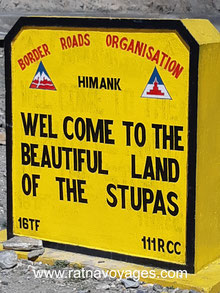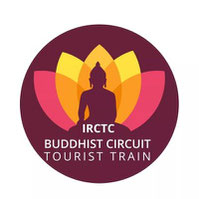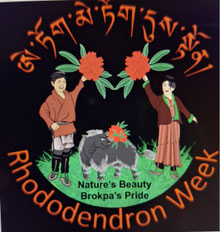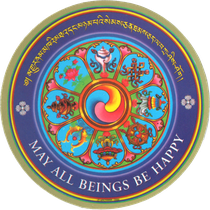KARSHA MONASTERY, ZANGSKAR, LADAKH
|
NAME/NOM/ NAME/NOME |
KARSHA | |
|
LOCATION/LIEU/ ORT/LUOGO |
Karsha village | |
|
LINEAGE/TRADITION/ SCHULE/ORDINE |
Gelug | |
|
FOUNDED/FONDÉ/ GEGRÜNDET/FONDATO |
958-1055 | |
|
FOUNDER/FONDATEUR/ GRÜNDER/FONDATORE |
Rinchen Zangpo | |
|
PROTECTOR/PROTECTEUR/ SCHIRMHERR/PROTETTORE |
Palden Lhamo | |
|
SPIRITUAL HEAD/ MAÎTRE SPIRITUEL/ GEISTIGES OBERHAUPT/ CAPO SPIRITUALE |
HH Thiksay Rinpoche | |
|
BRANCH/AFFILIÉ/ ZWEIG/AFFILIATO |
||
| FESTIVAL | Karsha Gustor | |
| FESTIVAL 2024 | July 03-04, 2024 |
Karsha Monastery - Foundation and Early History
Karsha Monastery, also known as Karsha Gompa, is one of the largest and most significant monastic complexes in the Zanskar region of Ladakh, India. Here is a detailed history of Karsha Monastery:
Karsha Monastery is believed to have been founded in the 10th Century by the translator, Phagspa Sherab. However, the current structure dates back to the 15th century, and it has undergone subsequent renovations and expansions.
Karsha Monastery - Religious Affiliation and Doctrine
The monastery is led by the head lama, who holds a central role in the religious and administrative affairs of the monastery. The spiritual leadership has been passed down through generations.
Karsha Monastery - Architectural Marvels
The architectural layout of Karsha Monastery is a testament to the ancient craftsmanship of the region. The main assembly hall, chapels, and residential quarters for monks are constructed in the traditional Tibetan style, adorned with intricate murals and religious art.
Karsha Monastery - Religious Practices
The monks of Karsha Monastery engage in daily religious practices, including prayers, rituals, and ceremonies. The monastery plays a crucial role in preserving and disseminating Buddhist teachings.
Karsha Monastery - Annual Festivals
The annual Padum Gustor festival is a highlight of Karsha Monastery's cultural calendar. This vibrant event attracts pilgrims and visitors from across the region. During the festival, monks perform sacred Cham dances, and the monastery becomes a lively center of religious celebration.
Karsha Monastery - Historical Significance
Throughout its long history, Karsha Monastery has been witness to significant historical events and cultural changes in the Zanskar region. Its resilience and continuity highlight its importance in the preservation of Ladakhi heritage.
Karsha Monastery - Artistic Treasures
Karsha is renowned for its collection of religious artifacts, thangkas, and murals. These artistic treasures depict various Buddhas, Bodhisattvas, and scenes from Buddhist narratives. The artwork not only serves as a source of spiritual inspiration but also reflects the cultural richness of the region.
Karsha Monastery - Social Engagement
In addition to its spiritual role, Karsha Monastery actively engages in social welfare activities. The monks often play a pivotal role in community affairs, contributing to the well-being and development of the local populace.
Karsha Monastery - Accessibility and Pilgrimage
Reaching Karsha Monastery is an adventure in itself, often involving trekking through the stunning landscapes of Zanskar. Pilgrims and tourists undertake this journey not only for the religious significance but also for the breathtaking views along the way.
Karsha Monastery - Conservation and Preservation
Efforts are continually made to preserve the historical and cultural assets of Karsha Monastery. Conservation projects aim to protect the architectural integrity, artwork, and manuscripts, ensuring that future generations can continue to appreciate this cultural gem.
Karsha Monastery - Conclusion
Karsha Monastery stands as a living testament to Ladakh's spiritual and cultural heritage. Its ancient walls echo with centuries of prayers, making it a sacred space that beckons both the devout and the curious to explore its profound history and teachings.






























